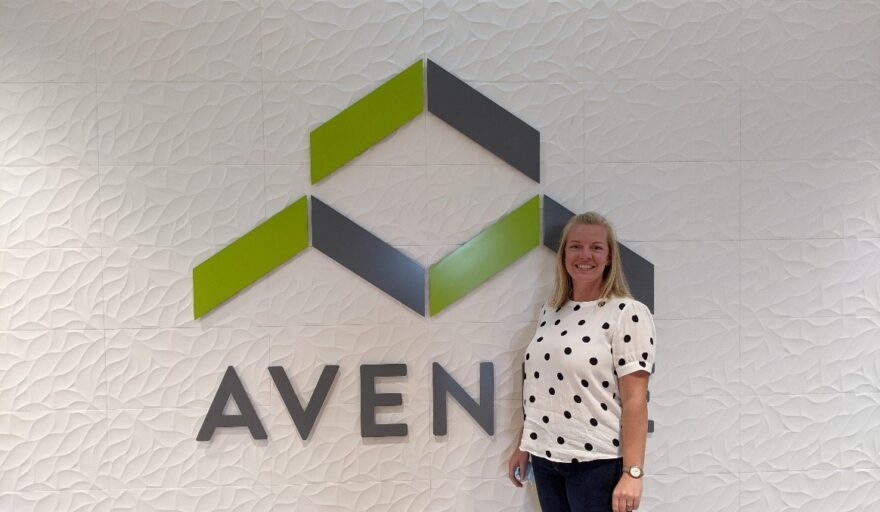iMSW Intern Helps Make COVID Vaccine Accessible in Houston Area
Opal Andraka
iMSW Intern

Opal Andraka, iMSW student with a focus area in Leadership and Social Change, serves Houston area through Vaccine Equity Grant
Opal Andraka started the iMSW program when she was living in Mt Vernon, IL. During the program, she and her husband moved to Texas, where she was able to find a local internship site and finish out the program from Houston. In her internship at Avenue Community Development Corporation, Opal serves as the Neighborhood Coordinator for their Vaccine Equity Grant. Her team works with local community groups, organizations, businesses, schools, churches and residents to make the COVID vaccine easy and accessible. This work also helps by further strengthening the health equity infrastructure, and paving a way forward for more equitable delivery of healthcare services for the Greater Northside community.
During her internship experience, the most valuable thing Opal has learned is how to connect with others. She has worked as a case manager before and had experience connecting one-on-one with clients, but practicing macro social work is a whole different arena. Navigating the landscape of organizations, civic groups, government agencies, political entities, and residents is a new experience for her and has connected her to so many new people and places. Making and maintaining these connections is easily the most valuable take away.
A requirement of all MSW internships is to complete a special internship project as an assignment. According to Hellen McDonald, Clinical Associate Professor for Field Education, “Several years ago we embedded the project under the Grand Challenges for Social Work initiative, meaning that whatever project students design must fit under one of the 13 Grand Challenges. Students create projects in conjunction with their field instructors and sites that lead to long-term outcomes, a sort of a gift that keeps on giving long after students are graduated.”
Opal’s Grand Challenge project centered on vaccination equity. However, delivering COVID vaccines to neighborhoods is about more than just this current health crisis. These residents are living in areas with limited access to pharmacies, healthy foods, and transportation. The pandemic not only brought about changes in the way people live, it also highlighted the gross inequities that are facing under-resourced communities. Many in the Houston community were already struggling to access healthcare services, and COVID made it that much more difficult. “Our efforts to bring equitable vaccine access is about more than just encouraging community members to get vaccinated,” stated Opal. “By leveraging resources and public interest we have been able to create an environment where healthcare is a priority for residents, public officials and organizational leadership. This pandemic will eventually fade into history, but what will it leave in its wake? Our goal is that through our community engagement, this neighborhood will have a better relationship with the healthcare services that are available, they will know how to access them, and will therefore live healthier lives because of it.”